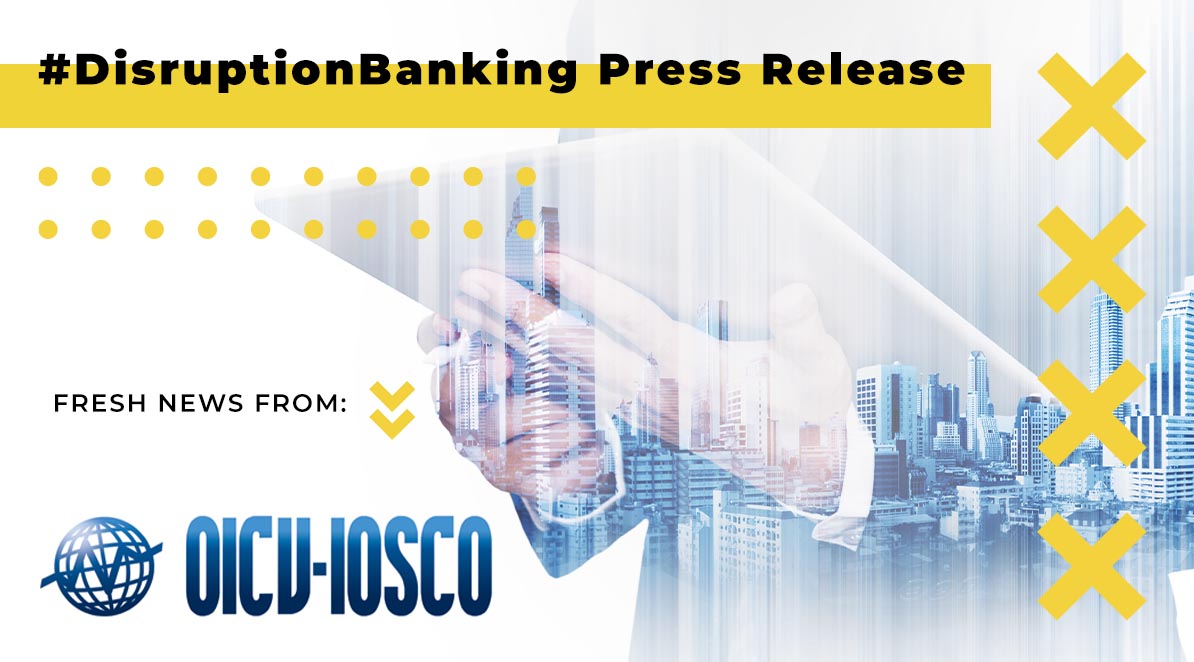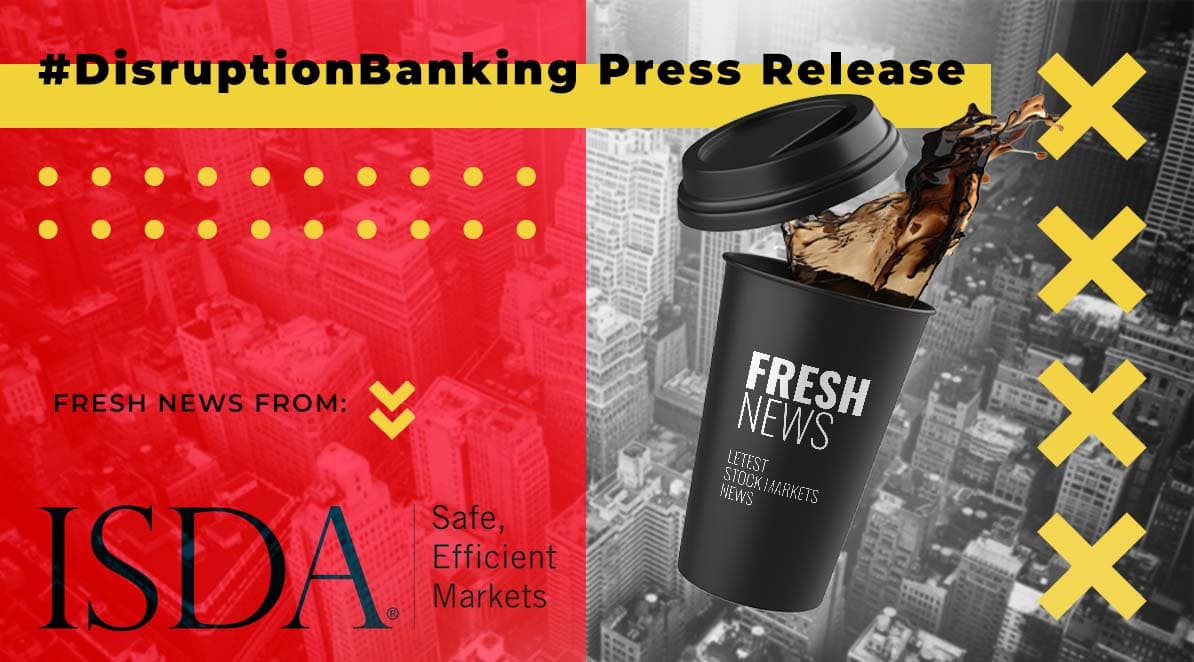It all started in 2015 when world leaders adopted the 17 Sustainable Development Goals of the 2030 Agenda at a historic UN Summit. Momentum accelerated at COP26 in Glasgow in 2021, but today, the ESG agenda looks different, with COP venues now echoing the diverse locations of the FIFA World Cup. This year’s Summit theme stands out—will COP29 truly be the “Finance COP”?
COP29 is set in Baku, Azerbaijan’s capital, a choice that has raised some debate. Critics question whether an oil and gas-producing nation should host an environmental summit, forgetting that Greta Thunberg’s powerful call for climate action in 2018 also took place at COP in Katowice, a coal-mining hub in Poland. The UN’s strategy of holding events in carbon-heavy regions is a conscious effort to engage countries less active in the global ESG movement, as the UN’s goals require worldwide cooperation, not limited to just a few nations.
But a broader issue is reshaping the agenda. Over the past year, the term “ESG” has lost some credibility, leading many bankers to avoid COP29 altogether:
‘You only go to the party if everyone is going’: finance bosses skip COP29 https://t.co/mpIfL8uhHj
— FT for Schools (@ft4s) October 8, 2024
Will COP29 Become the Finance COP?
Some observers speculate that COP29 could indeed be defined by finance. This year, countries are negotiating a new climate finance target, raising funds for mitigation, adaptation, and loss and damage from billions to trillions. Known as the New Collective Quantified Goal (NCQG), this framework will replace the previous $100 billion annual target set for 2020, which developed countries failed to meet.
Avinash Persaud, Special Advisor on Climate Change to the Inter-American Development Bank, recently highlighted the challenge. Speaking to Bloomberg, he outlined some of the challenges, emphasizing that loss and damage alone require about $150 billion annually—a sum which should be funded by national aid budgets which total $200 billion globally. Meeting the new climate finance targets would almost double the world’s total aid allocation, a daunting goal.
Key Banking Players at the Finance COP
Despite the importance of finance in climate action, only a few ESG leaders from major Global Systemically Important Banks (G-SIBs) will attend COP29 in Baku. The International Bank of Azerbaijan (Bank ABB) will be one of the most visible financial institutions present, having joined the UN Global Compact and positioned itself as a champion of sustainable development.
Bank ABB (The International Bank of Azerbaijan) – the largest financial institution in Azerbaijan – has signed up as the Principal Banking Partner for COP29, highlighting encouraging sustainable practice across the finance sector #COP29 #Baku #ABB https://t.co/DEm1UMDXEo pic.twitter.com/LCu93LhJqU
— Digital Startup (@digitalstartup5) November 5, 2024
While prominent banking figures like Larry Fink have cooled on ESG since 2023, Bank ABB’s involvement underscores local commitment to climate action. Nevertheless, COP29 takes place amidst the U.S. election, where Donald Trump brings uncertainty to climate policy—an instability that risks dampening investor interest in the ESG sector.
COP29’s Best-Case Scenario
According to the World Economic Forum, COP29 must address four key areas: NCQG climate finance, capital mobilization, growing the loss and damage fund, and prioritizing adaptation. China’s role at COP29 is especially significant; the world’s largest polluter is sending over 90 delegates to the event, with a commitment to peak carbon emissions by 2030 and attain carbon neutrality by 2060.
To achieve meaningful progress, COP29 must deliver on these fronts:
- Ambitious climate finance goal (NCQG)
- Setting new 2035 Nationally Determined Contributions (NDCs)
- Elevating adaptation and resilience finance
- Advancing Global Stocktake implementation, fostering pathways to fossil fuel reduction and renewable growth
- Building momentum and political commitment among world leaders
For live coverage of COP29, DisruptionBanking recommends Bloomberg Green’s free content on the COP29 Global Climate Summit 2024 link.
#COP29 #NCQG #UNSDG #ESG #Sustainability
Author: Andy Samu
See Also:
Climate Emergency on the Agenda for Wall Street | Disruption Banking
Victory For Climate Camp As ‘Lost And Damaged’ Fund Launches | Disruption Banking
Big business wants louder voice at COP28 as 1.5C confidence falls, says survey | Disruption Banking















